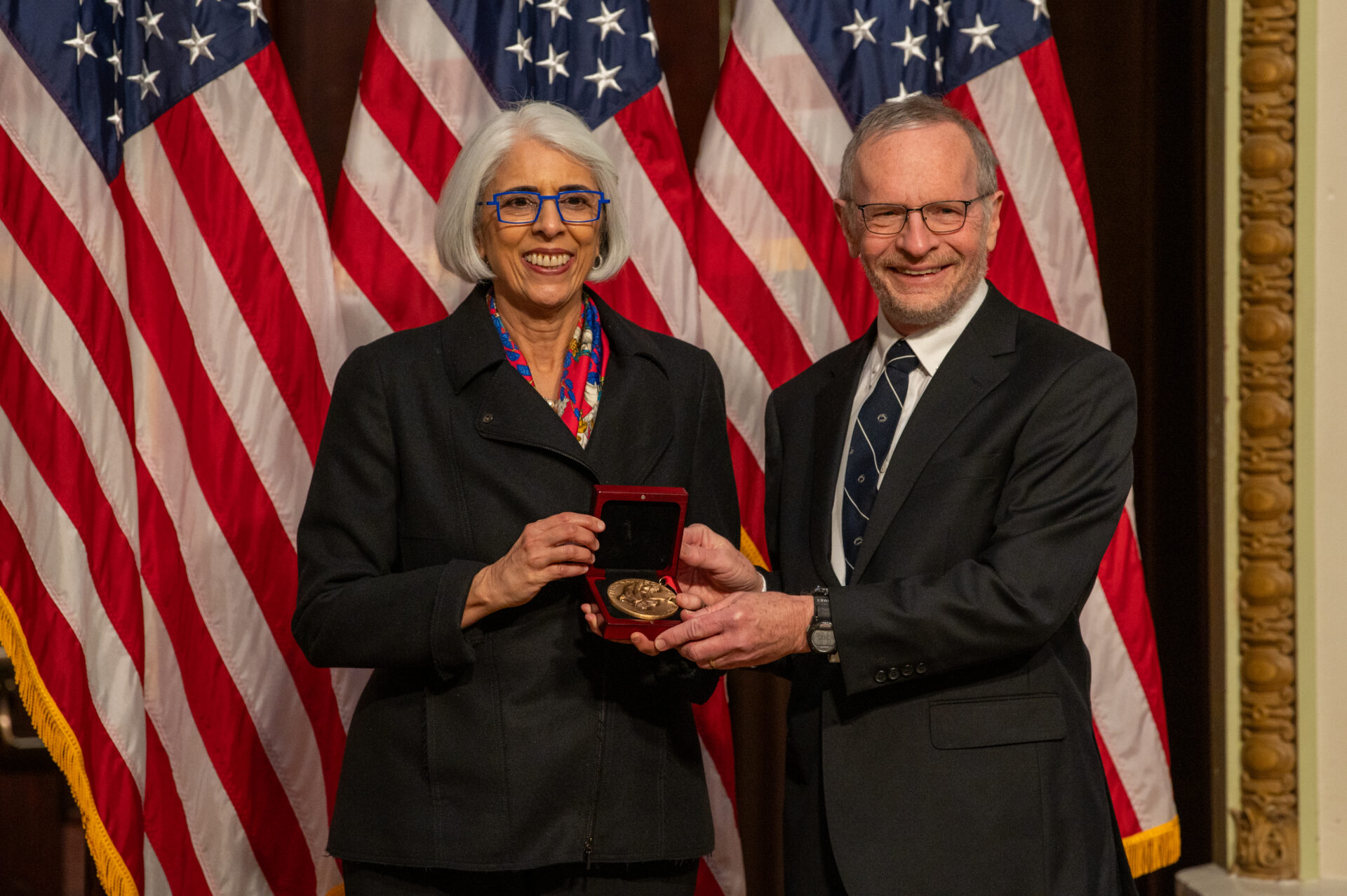Dr. Richard Alley (Ph.D. 1987, Geology, Wisconsin) is the Evan Pugh University Professor of Geosciences at Pennsylvania State University. He studies the great ice sheets to help predict future changes in climate and sea level, and has made four trips to Antarctica, nine to Greenland, and more to Alaska and elsewhere. Alley’s research demonstrated that regional to global climate changes larger than any experienced by agricultural or industrial humans have occurred repeatedly, in decades to as little as a single year. Through data analysis and modeling of ice sheets and glaciers, his research has revealed ice-bed interactions with implications for flow changes affecting sea level with potential for large and rapid rise and interpretation of geological records, climatic changes, and mountain-belt evolution.
Alley has been honored for his research (including election to the US National Academy of Sciences and Foreign Membership in the Royal Society), teaching, and service. He participated in the United Nations Intergovernmental Panel on Climate Change (co-recipient of the 2007 Nobel Peace Prize). Numerous government officials in multiple administrations from both major political parties, including a US Vice President, multiple Presidential Science Advisors, and committees and individual members of the US Senate and House of Representatives, have sought his advice and expertise. He has authored or co-authored over 300 refereed scientific papers. He is an active and dedicated science communicator. He was a presenter for the PBS TV miniseries on climate and energy, titled “Earth: The Operators’ Manual,” and author of the companion book. His popular account of climate change and ice cores, The Two-Mile Time Machine, was Phi Beta Kappa’s science book of the year. He has appeared in numerous climate change-related television documentaries and has given many public presentations and media interviews. Dr. Alley is happily married with two grown daughters, two stay-at-home cats, a bicycle, and a pair of soccer cleats.


